Attaraya’s ‘plug-and-play’ Shrimpbox utilizes cargo containers
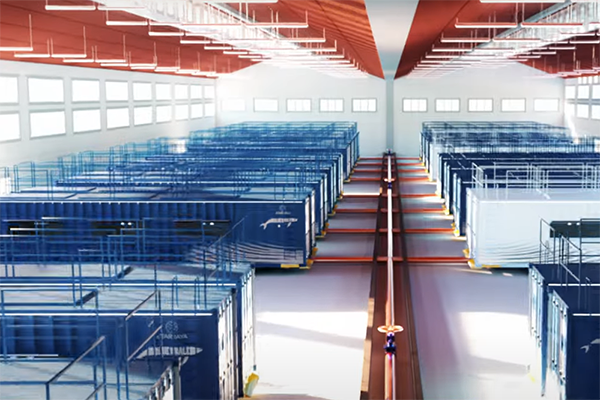
Time Magazine has named an urban shrimp farming system using cargo containers one of the best inventions of the year.
Atarraya’s Shrimpbox, touted as a “plug and play” technology for producing farmed shrimp in landlocked and urban locations, is similar to vertical farming, explained the company’s CEO and Founder Daniel Russek.
“Shrimpbox tackles several problems, from sustainability to access to food,” said Russek. “With our technology-driven solution, we can help solve the issue of global food security by making shrimp the protein of the 21st century.”
The Shrimpbox is an AI-powered, automated system that can be operated remotely, everything from monitoring water quality to feeding the shrimp. Shrimpbox claims this system can deliver a return on investment 10 times greater than producing poultry or swine, and because it’s land-based it mitigates the environmental impacts of traditional farming in or near waterways. The 40-foot-long Shrimpbox containers can produce 1.5 metric tons of shrimp annually, an area that typically requires two farm acres or 20 seabed acres, according to Russek.
Based in Mexico City and Indianapolis, Ind., USA, Atarraya is a privately held corporation.
See Time’s list of The Best Inventions of 2022 here. Time solicited nominations from editors and correspondents around the world, with a focus on growing fields like electric vehicles, renewable energies, foods and the metaverse. Entrants were then judged on factors like originality, efficacy, ambition and impact.
Follow the Advocate on Twitter @GSA_Advocate
Now that you've reached the end of the article ...
… please consider supporting GSA’s mission to advance responsible seafood practices through education, advocacy and third-party assurances. The Advocate aims to document the evolution of responsible seafood practices and share the expansive knowledge of our vast network of contributors.
By becoming a Global Seafood Alliance member, you’re ensuring that all of the pre-competitive work we do through member benefits, resources and events can continue. Individual membership costs just $50 a year.
Not a GSA member? Join us.
Author
Related Posts
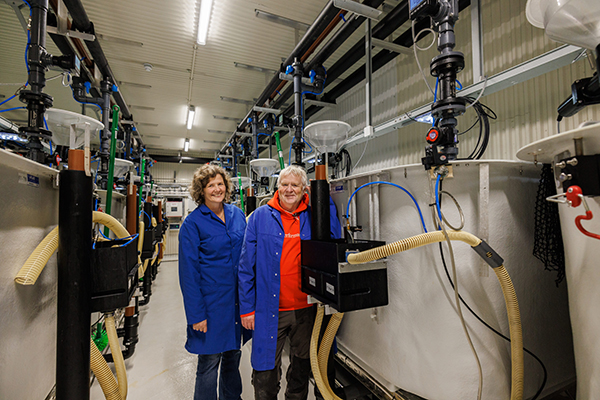
Responsibility
Could a new ‘spill box’ tool lead to zero fish feed waste in land-based aquaculture facilities?
A new tool called the "spill box" separates uneaten fish feed from the aquaculture wastewater so it can be recycled back to the salmon.
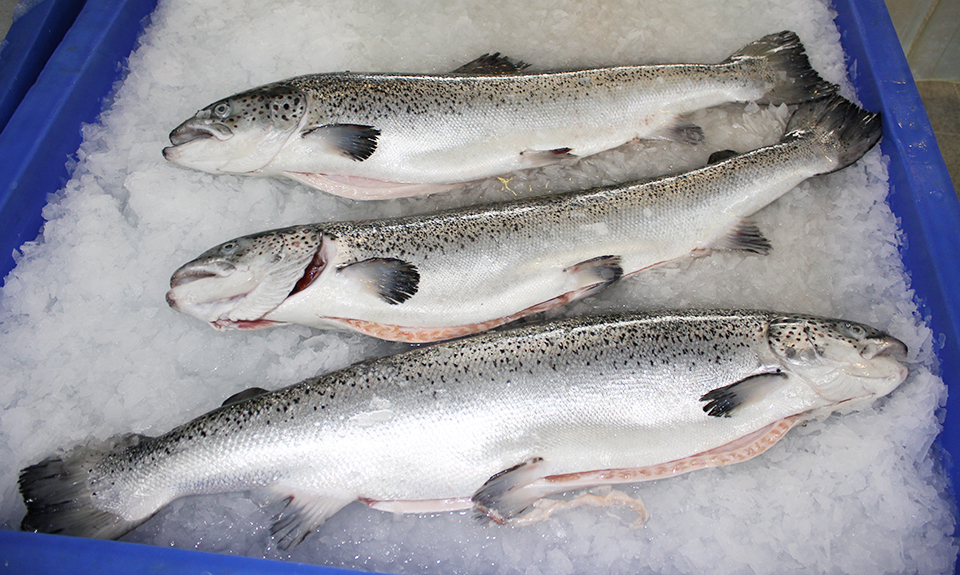
Innovation & Investment
Patent law affects innovation in aquaculture
A virus that causes pancreas disease was patented, but when a vaccine produced by a patent licensee was found insufficient, another company developed a vaccine based on a different strain of the virus. The courts in Norway determined the work on the second vaccine was a patent law infringement.
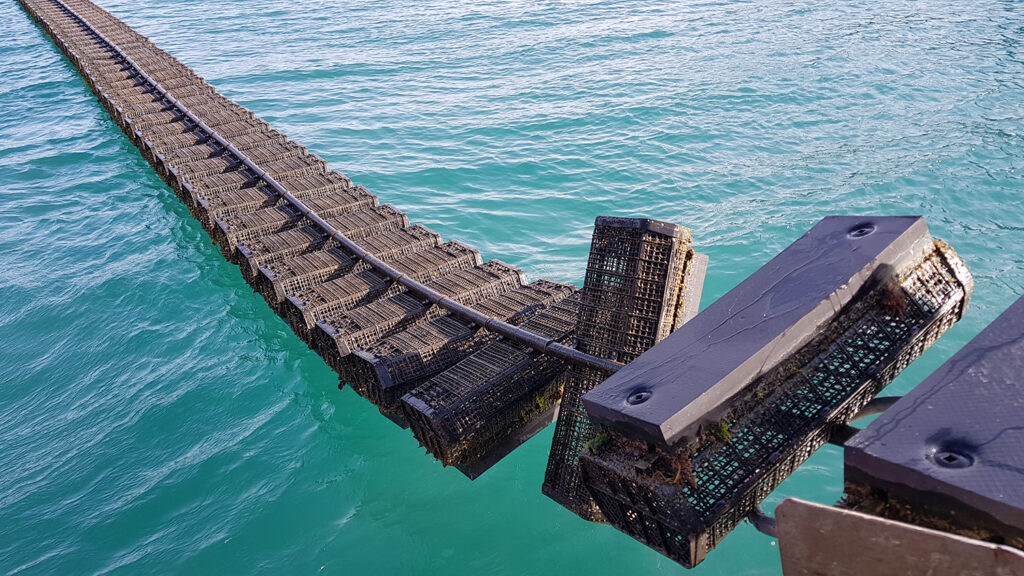
Innovation & Investment
Innovation Award 2021 finalist: FlipFarm
FlipFarm, a semi-automated oyster-growing system from New Zealand, is a finalist for GSA’s annual Global Aquaculture Innovation Award.
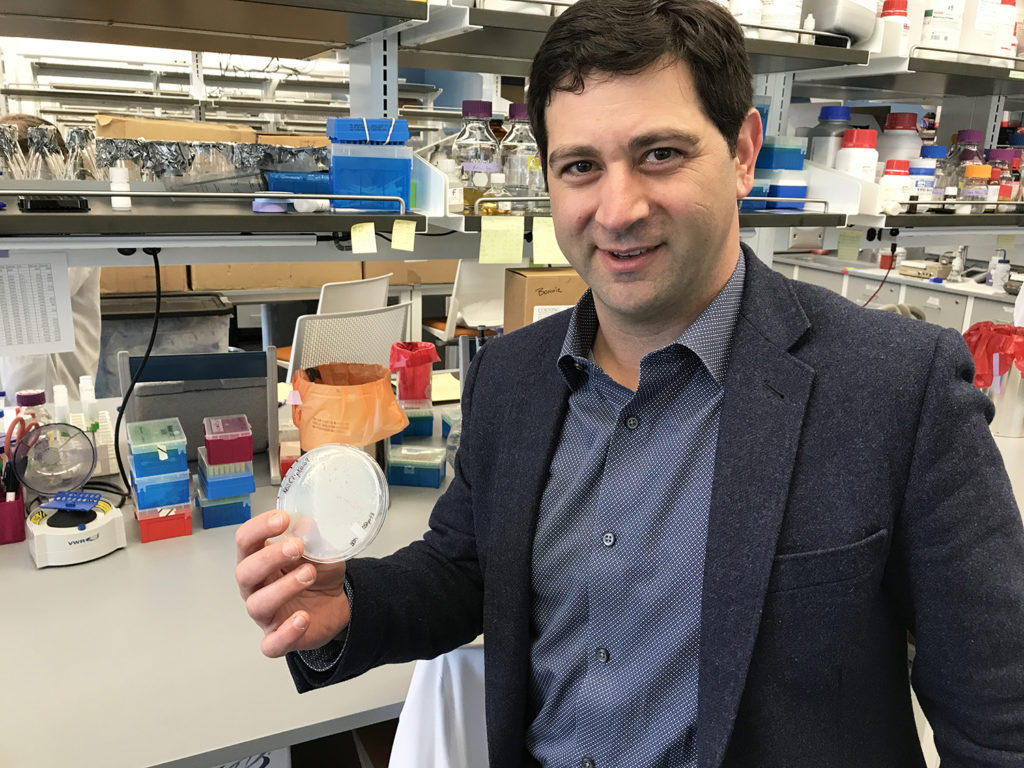
Aquafeeds
The pink powder that could revolutionize aquaculture
KnipBio, a Massachusetts-based biotechnology startup founded in 2013, is refining the manufacturing process for a promising aquaculture feed ingredient that may one day form the foundation of the food that farmed fish eat.



